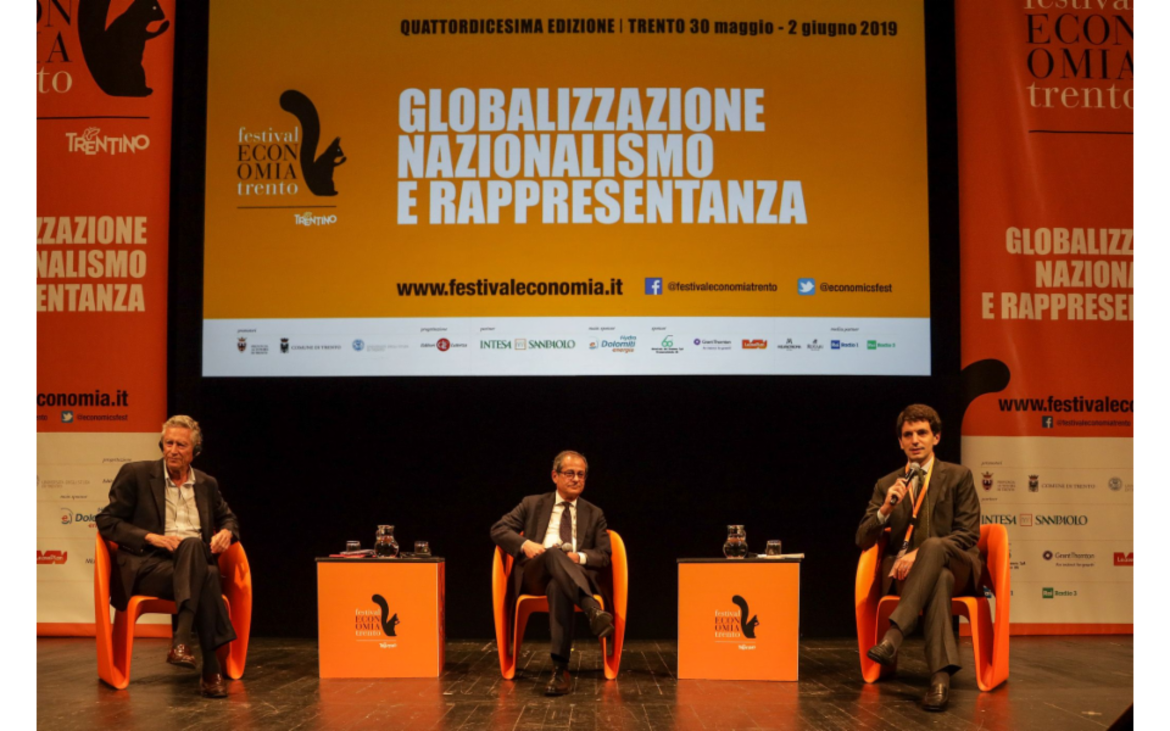
Many questions for Tria, the current Italian Minister of Economy, were based primarily on Italy's economic plan for the future in terms of austerity, the proposed budget, and the public deficit. Tria was quick to expel any comparison of the Italian economy to that of Greece, highlighting size. Italy is the third largest EU economy, while Greece is much smaller. Emphasizing problems from the previous few years, Tria used them as the basis for Italy's reason for seeking change. The plan is to execute a gentle response in changing the economy so that investors would not be fearful of the conditions and the public deficit would be cut. Tria demonstrated strong awareness that if the economy was changed too quickly, investors would not want to be present. Further, he claimed that the slow nature of change still left the Italian economy in concurrence with the European Commission- something that has been highly contested between Rome and Brussels over the past year. His goal is ultimately to decrease the public deficit not only in Italy, but the EU as a whole.
Continuing on the EU, Tria believes that the greatest problem in the European community is economic growth. The variety in economic strengths among member states cause an imbalance at times, and he is always aware of the fact that the Italian economy is strongly connected to EU politics.
One of the focal points of Tria's discussion was the notion of increased EU financial authority over member states. He called for an investment plan at the EU level, greater general equality across the EU, and greater financial independence for member states.
Olivier Blanchard reservedly took note of the points Tria made. At times, Blanchard, a former chief economist at the IMF was in agreement with some Minister Tria's ideas, but was clear and direct with his responses. On Tria's proposed plan, Blanchard pointed out two major issues for Italy going forward: investors and EU rules. However, he was more focal on the role of investors. If investors aren't comfortable in an economy, they will flee. If Tria is going to make his plan work, he must convince the market and investors that the plan is safe.
On the idea of fiscal contraction or expansion, Blanchard was wary that if large fiscal consolidation occured, especially at an EU level, growth could be negative. If anything, Blanchard argues that governments should always have access to fiscal policy for at least cyclical purposes. Additionally, he says that less intervention means more decisions for markets. The European Commission should intervene only if a government is on track to unsustainable debt.
For now, Blanchard thinks that there should be a balance between financial independence and financial consolidation. Monitoring is a good way to achieve this and issue of coordination is the first order to monitor fiscal authority. However, Blanchard ultimately returns to investors as being the biggest influence over the economy. He advises that governments must do whatever sustains their economy without scaring away investors.
Website: https://2019.festivaleconomia.eu/home
Twitter: https://twitter.com/economicsfest
Facebook: http://facebook.com/festivaleconomiatrento
Instagram: https://www.instagram.com/festivaleconomia









